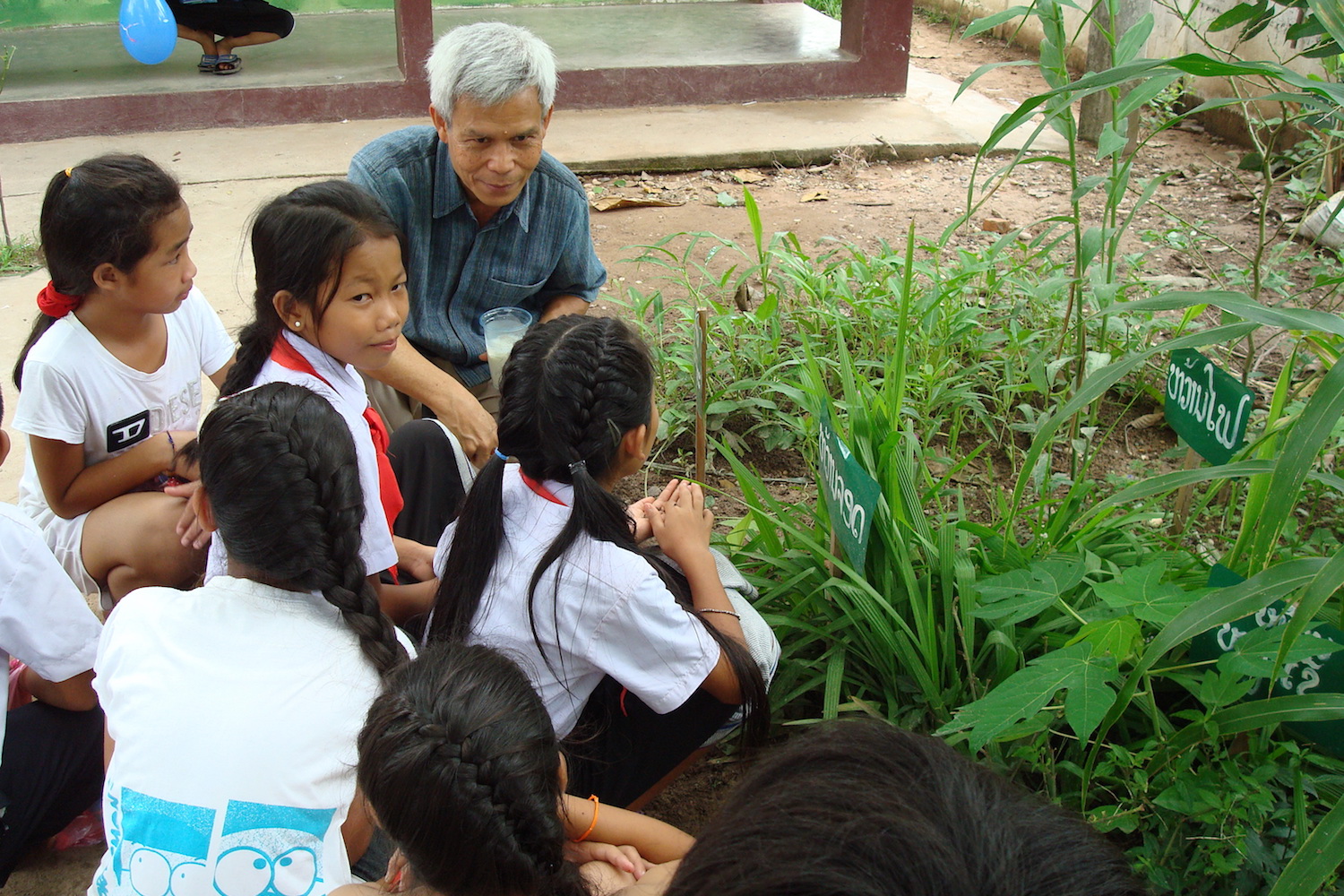FIDH: 18 July 2018
 (Paris) During a review by a United Nations (UN) body, the Lao government slandered disappeared civil society leader Sombath Somphone and failed to provide any details concerning its purported investigation into his enforced disappearance, FIDH and its member organization Lao Movement for Human Rights (LMHR) said today.
(Paris) During a review by a United Nations (UN) body, the Lao government slandered disappeared civil society leader Sombath Somphone and failed to provide any details concerning its purported investigation into his enforced disappearance, FIDH and its member organization Lao Movement for Human Rights (LMHR) said today.
On 11-12 July 2018, FIDH and LMHR attended the first-ever examination of the situation of civil and political rights in Laos by the UN Human Rights Committee (CCPR) in Geneva, Switzerland.
“The government tried to deflect attention from its failure to properly investigate Sombath Somphone’s enforced disappearance by engaging in a character assassination of him and his family. The Lao government’s behavior was utterly reprehensible and absolutely inappropriate for a human rights review.” Debbie Stothard, FIDH Secretary-General
The government delegation provided elusive answers to the multitude of detailed and pertinent questions concerning the investigation into Sombath’s enforced disappearance. The government claimed that its Investigation Committee had been “trying very hard” to investigate Sombath’s disappearance but said it was “very hard” to find a person who disappears. Despite admitting to the challenges in conducting the probe, the government claimed police have the “capacity and techniques” to investigate Sombath’s disappearance and, as a result, there was “no need to have international assistance.” Sombath was last seen at a police checkpoint on a busy street of the Lao capital, Vientiane, on the evening of 15 December 2012.
The head of the government delegation, Bounkeut Sangsomsak, then embarked on an irrelevant and unnecessary monologue against Sombath and his family. Mr. Bounkeut claimed that Sombath possessed a “tremendous amount of money” and property in Laos and justified the courts’ refusal to declare Sombath as a missing person (an act that Lao legislation requires courts to perform three years from the date of a disappearance) out of concern that an inheritance dispute among his family members would ensue. Inexplicably, Mr. Bounkeut repeatedly referred to Sombath’s wife, Shui-Meng Ng, as his “so-called wife.”
The government delegation also rejected all other allegations of cases of enforced disappearances as “baseless, groundless, and untrue” and “misinformation the committee received from unreliable outside sources.” The CCPR chair responded by saying that during the review the Lao government delegation had provided “very skeletal” information concerning specific allegations of enforced disappearance, a behavior that the chair said amounted to a “blanket denial of the facts.”
Lastly, the government explained its ongoing delay in the ratification of the International Convention for the Protection of All Persons from Enforced Disappearance (ICPPED) by saying that the convention was “very complex and very unique” and that Vientiane needed to “raise awareness and [the] capacity of officials concerned” before it could ratify the ICPPED. Laos signed the ICPPED in September 2008.
“The Lao government should issue a public and prompt apology to Sombath Somphone’s family for the shocking statements that its delegation made in Geneva. If the government is serious about finding Sombath, it should immediately accept international assistance for the investigation, ratify the convention on enforced disappearances, and implement its provisions.” Vanida Thephsouvanh, LMHR President
Despite being given 48 hours from the conclusion of the review to provide additional written information to the CCPR, the Lao government did no submit any follow-up material within the deadline. The CCPR is scheduled to publish its Concluding Observations on the review of Laos by the end of July 2018.
The CCPR monitors state parties’ compliance with their legal obligations under the International Covenant on Civil and Political Rights (ICCPR). Laos became a state party to the ICCPR in 2009.
On 11 June 2018, FIDH and LMHR submitted a joint shadow report to the CCPR to detail the Lao government’s violations of civil and political rights and its failure to comply with its obligations under the ICCPR’s provisions. This includes the government’s failure to adequately investigate Sombath’s disappearance, which violates Article 2(3) of the ICCPR.

